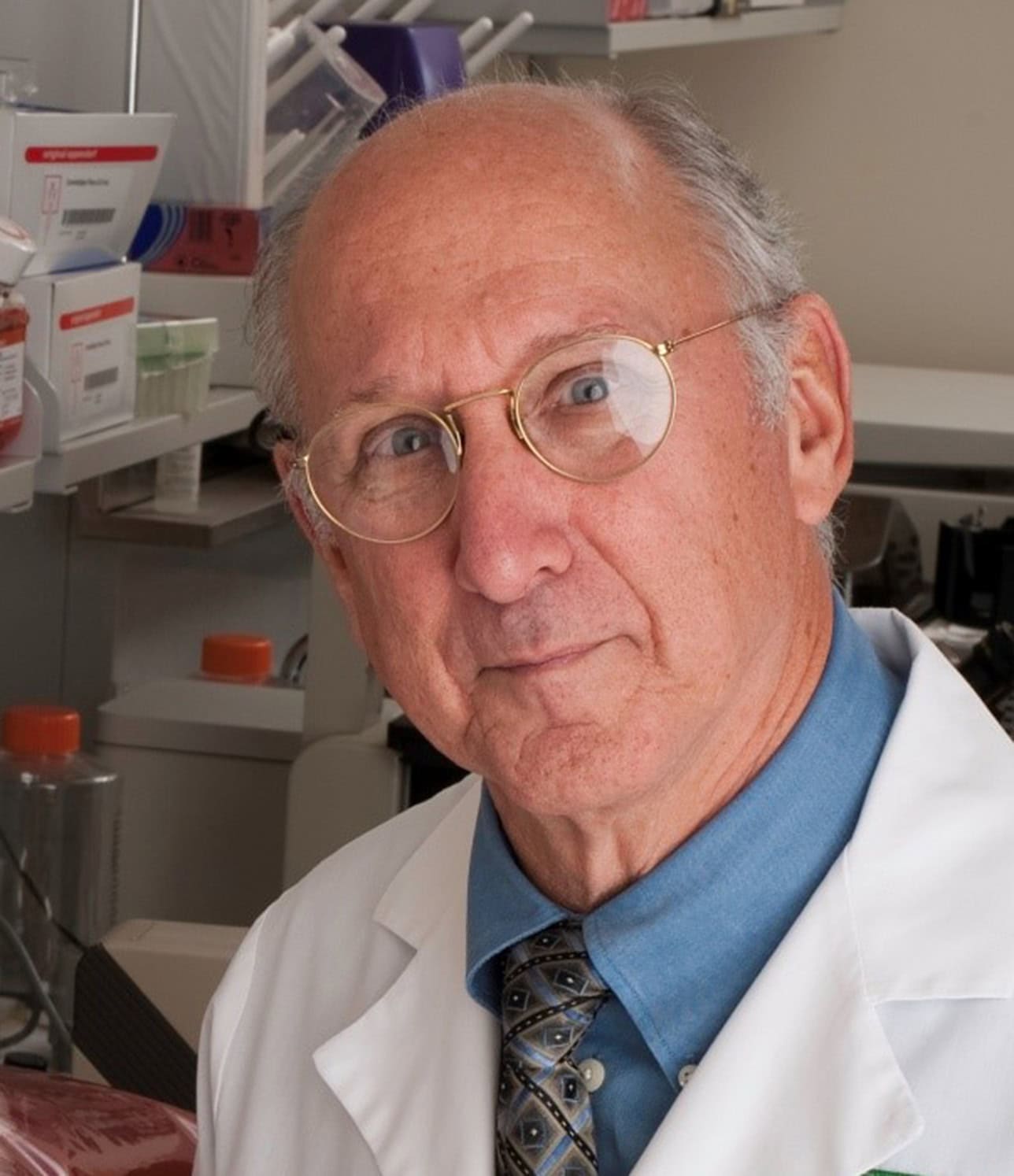Biosketch
Dr. Rosenberg is Chief of Surgery at the National Cancer Institute in Bethesda, Maryland and a Professor of Surgery at the Uniformed Services University of Health Sciences and at the George Washington University School of Medicine and Health Sciences in Washington, D.C. He is an Adjunct Professor in the Department of Laboratory Medicine at the Karolinska Institutet in Stockholm, Sweden. Dr. Rosenberg received his B.A. (1961) and M.D. (1964) degree at The Johns Hopkins University in Baltimore, Maryland and a Ph.D. in Biophysics at Harvard University (1969). After completing his residency training in surgery in 1974 at the Peter Bent Brigham Hospital in Boston, Massachusetts, Dr. Rosenberg became the Chief of the Surgery Branch at the National Cancer Institute, a position he has held to the present time. For these contributions Dr. Rosenberg has received awards from many organizations involved in the study of cancer. In October 2023, President Biden awarded Dr. Rosenberg the National Medal of Technology and Innovation, the nation’s highest honor for technological achievement, He was cited for “his pioneering work in the development of the first effective immunotherapies for patients with advanced cancer, now used globally”.
Research Interests
Dr. Rosenberg pioneered the first effective immunotherapies for patients with advanced cancer. His basic and clinical studies of interleukin-2 directly resulted in the approval of this immunotherapy by the US Food and Drug Administration for the treatment of patients with metastatic melanoma and renal cancer, many of whom remain disease-free over 25 years after treatment. His studies of cell transfer immunotherapy that resulted in durable complete remissions in patients with metastatic melanoma were the first to directly demonstrate the effective role of T lymphocytes in human cancer immunotherapy. He pioneered the development of gene therapy and was the first to successfully insert foreign genes into humans. He was the first to demonstrate the effectiveness of genetically engineered CAR-T cells to mediate the regression of B-cell malignancies in humans, a treatment now approved by the FDA for widespread use. In recent work Dr. Rosenberg established new approaches for the application of immunotherapy to patients with a variety of common solid epithelial cancers by targeting the unique mutations present in the patient’s cancer.
Membership Type
Member
Election Year
2024
Primary Section
Section 41: Medical Genetics, Hematology, and Oncology
